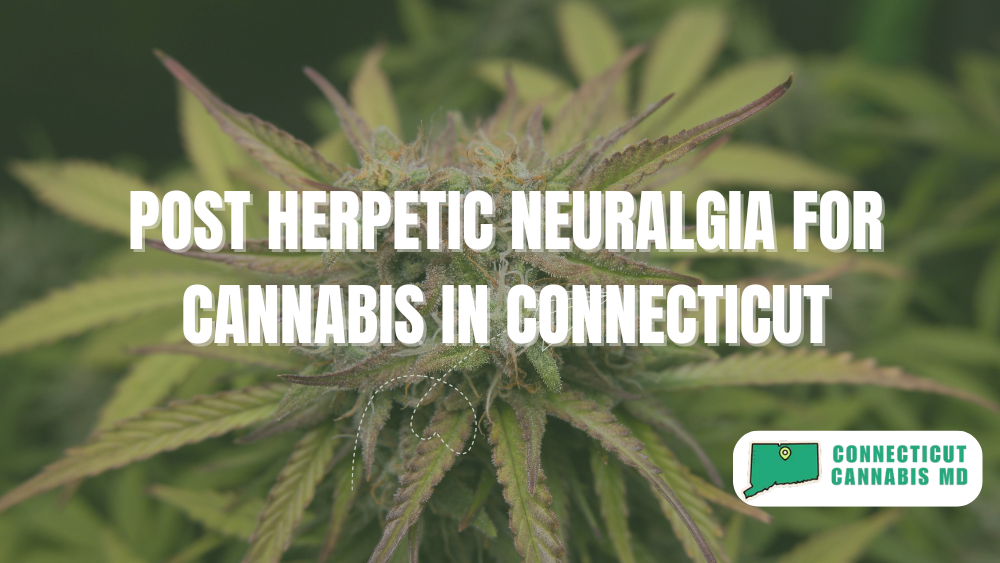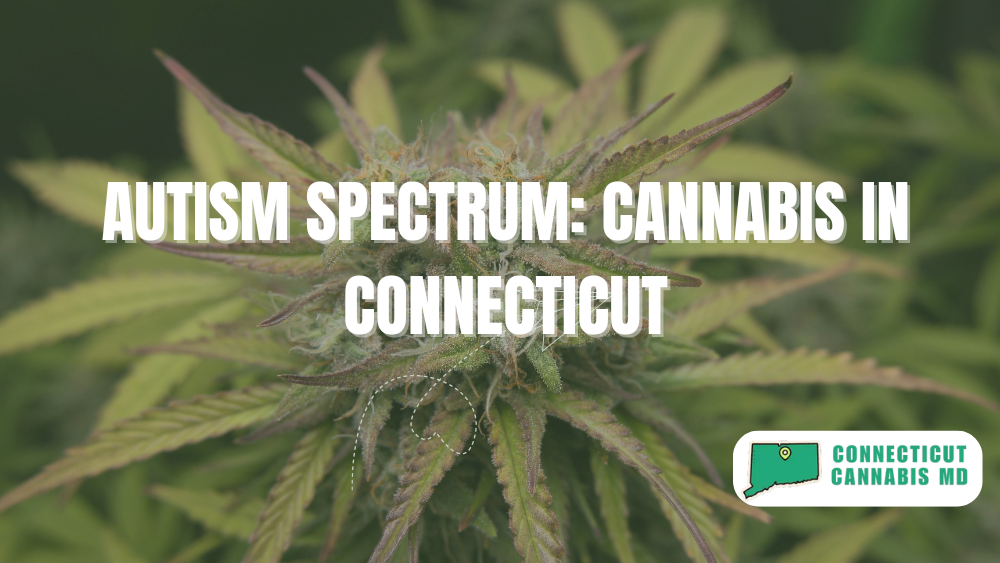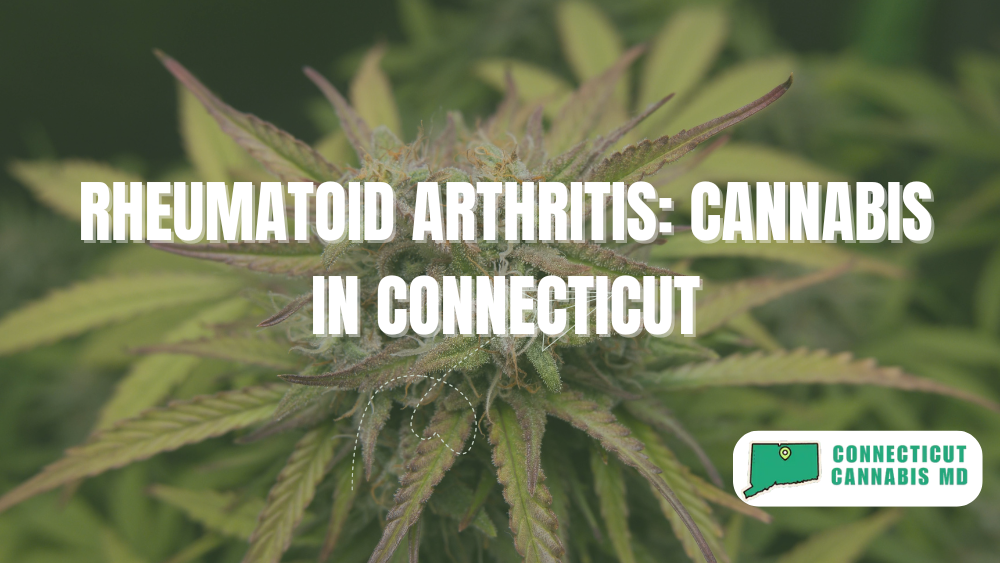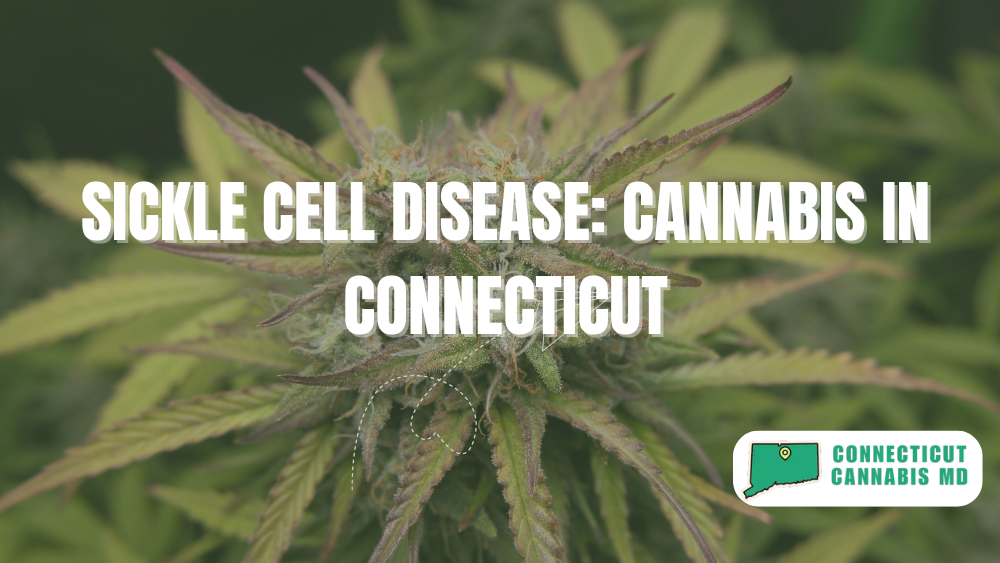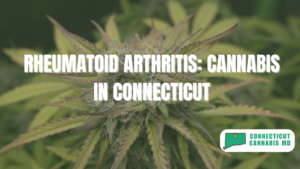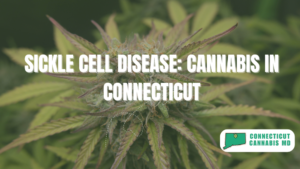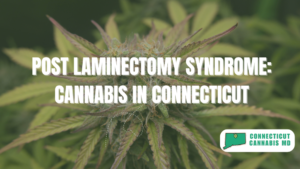Post-herpetic neuralgia (PHN) is a debilitating condition that arises after an episode of shingles, also known as herpes zoster. This condition causes persistent nerve pain, which can last for months or even years after the shingles rash has healed.
For many patients, the chronic pain associated with PHN significantly reduces their quality of life, making daily activities challenging. While conventional treatments may offer limited relief, medical cannabis has emerged as an alternative option for managing PHN pain.
In Connecticut, medical cannabis is available for patients with PHN, offering a new avenue for pain management and relief. This article will explore how cannabis can help alleviate PHN symptoms, the process of obtaining a medical marijuana card in Connecticut, and the role of telemedicine.
Post-Herpetic Neuralgia
Causes and Symptoms of PHN
PHN is a type of neuropathic pain that occurs due to nerve damage caused by the varicella-zoster virus (the same virus responsible for chickenpox and shingles). Once the shingles rash heals, the pain can linger due to nerve damage. PHN is characterized by:
- Burning pain: A constant, deep-seated burning sensation.
- Allodynia: Pain triggered by stimuli that do not typically cause pain, such as light touch.
- Hyperalgesia: An exaggerated pain response to stimuli.
- Itching and numbness: Some patients also experience itching or numbness in the affected area.
Traditional Treatment Options
PHN is notoriously difficult to treat. Standard treatments include prescription medications such as anticonvulsants, antidepressants, and topical pain relievers. However, these medications often come with side effects, and they do not always provide adequate relief. As a result, many patients turn to alternative treatments like medical cannabis to manage their chronic pain more effectively.
How Cannabis Can Help with Post-Herpetic Neuralgia
Pain Relief through Cannabinoids
Medical cannabis is increasingly recognized for its potential in treating chronic pain, including neuropathic pain associated with PHN. Cannabis contains compounds known as cannabinoids, primarily THC (tetrahydrocannabinol) and CBD (cannabidiol), which interact with the body’s endocannabinoid system to regulate pain and inflammation. THC works by binding to cannabinoid receptors in the brain and nervous system, reducing the intensity of pain signals. CBD, on the other hand, has anti-inflammatory properties that can reduce nerve inflammation and provide long-lasting pain relief.
For PHN patients, cannabis can help reduce burning sensations, allodynia, and hyperalgesia by targeting the pain pathways in the body. This can make daily activities more bearable and improve overall quality of life.
Improving Sleep and Reducing Anxiety
Patients with PHN often experience sleep disturbances due to chronic pain. Cannabis, particularly strains high in CBD, has calming effects that can promote relaxation and improve sleep quality. In addition, cannabis can help reduce the anxiety that often accompanies chronic pain conditions like PHN, allowing patients to feel more at ease.
Potential for Combination Therapy
Some studies suggest that combining THC and CBD in specific ratios may offer enhanced pain relief for PHN patients. By combining the psychoactive effects of THC with the anti-inflammatory properties of CBD, patients may experience greater pain relief without the strong “high” associated with THC alone.
Medical Marijuana for PHN in Connecticut
Qualifying for a Medical Marijuana Card
In Connecticut, post-herpetic neuralgia is a recognized condition under the state’s medical marijuana program. Patients diagnosed with PHN can apply for a medical marijuana card to legally purchase cannabis products from state-licensed dispensaries. To qualify, patients must first obtain certification from a Connecticut-licensed healthcare provider.
The Application Process for a Medical Marijuana Card
Once patients receive certification from a healthcare provider, they can submit their application online through the Connecticut Department of Consumer Protection. The application process requires proof of residency, medical certification, and a registration fee. Once approved, patients will receive a medical marijuana card, which grants them access to a wide range of cannabis products, including oils, tinctures, edibles, and topicals.
The Role of Telemedicine for PHN Patients
Telemedicine Convenience
For patients dealing with chronic pain from PHN, traveling to a doctor’s office can be challenging. Telemedicine provides a convenient solution, allowing patients to consult with certified healthcare providers from the comfort of their own homes. Through telemedicine services, PHN patients can obtain their medical marijuana recommendation quickly and easily without the need for in-person visits.
Affordable Telemedicine Consultations
In Connecticut, the cost of telemedicine consultations for medical marijuana recommendations is $179 for new patients and $149 for yearly renewals. This option provides an affordable and accessible way for PHN patients to obtain the care they need without added financial stress.
Conclusion
Medical cannabis offers a promising treatment option for patients suffering from post-herpetic neuralgia. By targeting pain pathways and reducing nerve inflammation, cannabis can provide relief from chronic pain, improve sleep, and reduce anxiety. For PHN patients in Connecticut, accessing medical marijuana is a straightforward process, with telemedicine making it more convenient than ever.
Call to Action (CTA):
“Interested in learning how medical marijuana can help manage your post-herpetic neuralgia? Book an online consultation with a certified doctor today and start your application for a Connecticut Medical Marijuana Card.
FAQs
How does cannabis help with post-herpetic neuralgia?
Cannabis helps relieve chronic nerve pain associated with PHN by interacting with the body’s endocannabinoid system to reduce pain signals and inflammation.
Is post-herpetic neuralgia a qualifying condition for medical marijuana in Connecticut?
Yes, PHN is a recognized condition for medical marijuana under Connecticut’s medical marijuana program.
How much does a medical marijuana recommendation via telemedicine cost in Connecticut?
Telemedicine consultations cost $179 for new patients and $149 for yearly renewals.
How do I apply for a medical marijuana card in Connecticut?
You can apply online after receiving certification from a licensed healthcare provider through the Connecticut Department of Consumer Protection.
Can I use telemedicine to get a medical marijuana recommendation for PHN?
Yes, telemedicine allows you to consult with a certified doctor online to obtain a medical marijuana recommendation for PHN.

